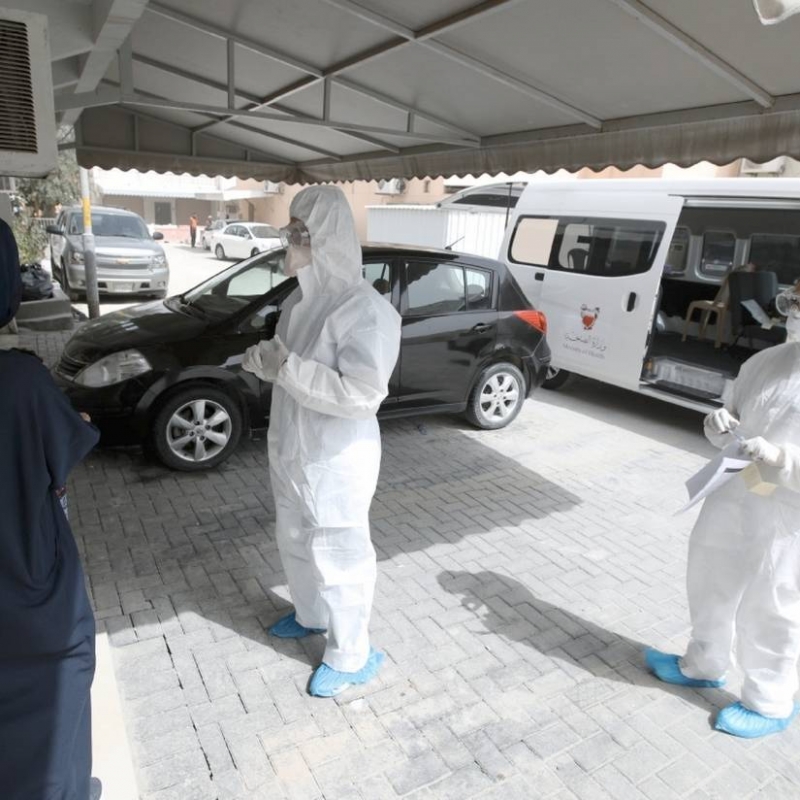Breaking quarantine will lead to jail term
Bahrain has toughened its fight to curb the outbreak of COVID-19 by imposing hefty penalties and prison times for coronavirus patients that break quarantine.
“Violating the decisions of the health minister on communicable diseases constitutes a crime under Bahrain’s laws,” Hussain Bu Ali, the chief prosecutor of ministries and public entities, said. If convicted, violators will face a “jail term of not less than three months or a fine between BD1,000 and BD10,000 or both.”
The move aimed at combating the rapid outbreak of virus also follows the United Nations declaring the global spread of novel coronavirus that causes COVID-19 as a pandemic. In yesterday’s announcement, the chief prosecutor warned that any move that breaks health ministry’s decision on communicable diseases “constitutes a crime under Bahrain’s law”. “Therefore, the failure by any individual to comply with the isolation measures taken to deal with infection or suspicion of contracting the virus, including leaving the place designated for his isolation, be it a health institution or his home, entails criminal accountability,” explained Hussain Bu Ali. Bahrain’s Public Health Law no 34 of 2018 allows the concerned minister to take appropriate actions to deal with communicable diseases, including coronavirus, by initiating necessary procedures for prevention, isolation and treatment.
“Violating the provisions of these decisions constitute a punishable crime under the law,” the prosecutor warned. Bu Ali said the authority is currently investigating reports that a doctor, a lawyer and a businessman in the Kingdom had broken quarantine measures put in place by the ministry. The three accused, he said, will face the prosecution at the end of their quarantine period. The chief prosecutor also called on all citizens and residents to abide fully by the measures placed to combat the virus and prevent its spread. In his message on Wednesday, UN Secretary-General Antonio Guterres said that the declaration of a pandemic is a call to action for everyone, everywhere.
“It’’s also a call for responsibility and solidarity as nations united and as people united.” But he warned against panic. “As we fight the virus, we cannot let the fear go viral.” “Together, we can still change the course of this pandemic. But that means addressing inaction,” he said. “The best science tells us, if countries detect, test, treat, isolate, trace and mobilize their people in the response, we can go a long way to mitigating transmission.” He called on all governments to immediately step up and scale up their efforts, and all people to play their part.
Related Posts

